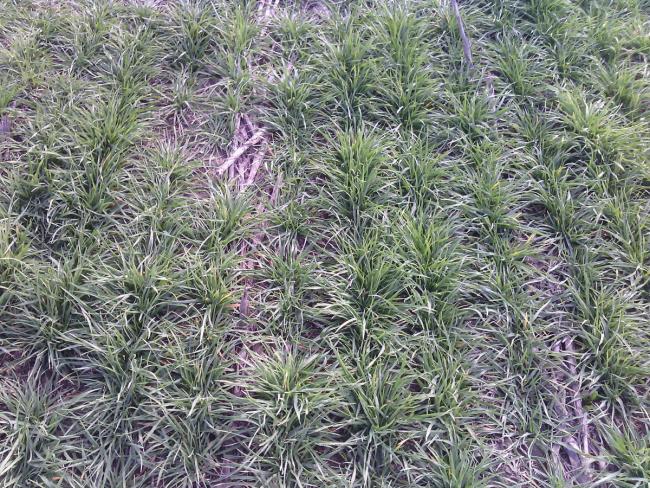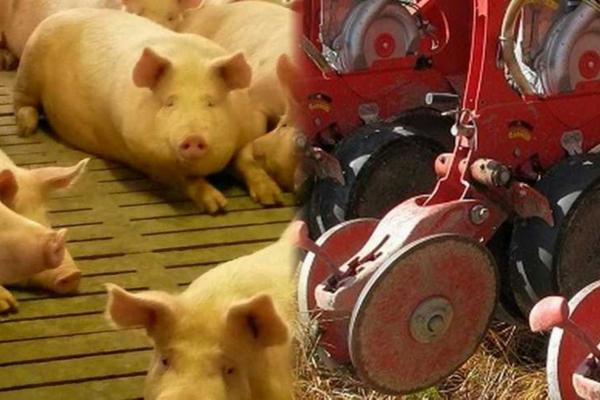Saving and conservation of nitrogen in agricultural systems with pigs

To develop and spread a sustainable pig farm model, environmental and economic, in the Modena areas where groundwater and surface water pollution are relevant and in nitrate vulnerable zones.
Specific objectives are:
- pig feeding techniques that allow to reduce nitrogen excretion and contain the environmental impact, especially on water;
- conservation agriculture with the correct management of slurry and the production of crops to increase the farm self-sufficiency.
- Cooperation and sharing of information, data and resources among the project participants needed to project activities;
- study and application of multiphase diets with reduced excretion of nitrogen;
- pig slurry utilization in rotations performed with conservation agriculture techniques and evaluation of agronomic and environmental benefits;
- raise awareness and inform stakeholders through training and dissemination activities.
The plan for innovation concerns the transfer of knowledge from research to develop good farming practices reducing the environmental impact of the heavy pigs farming sector.
The expected results for the pig farms are:
- definition and verification of a multi-phase feeding plan to use in heavy pigs (weaning to sending slaughter) according to the recommendations of the BREF. The nitrogen yield, the excretions (nitrogen balance), the productivity of pigs and the suitability and quality of meat for a PDO will be verified;
- the verification of the reduction of the lysine and protein levels to which you can tend to the heavy pig. It can be made only under experimental conditions, because the diet is out of the limits set by the PDO regulations. The possibility of using a diet with a ratio of lysine / raw proteins max - 7.5 grams of lysine / 100 grams of raw proteins - based on grains and synthetic amino acids will be evaluate.
The expected agronomic results are:
- demonstration of what can be the agronomic (improved fertility, structure and nitrogen use) and environmental benefits (reduction of nitrogen emissions in the atmosphere and leaching) due to the application of conservation agriculture techniques in a pig farm that use slurry to fertilize crops and produce cereals to increase the farm self-sufficiency.
| Titolo/Descrizione | Url | Tipologia |
|---|---|---|
|
RISCOSSA
|
Sito web
|
|
|
CRPA
|
Altro
|
|
|
Fondazione CRPA
|
Altro
|
|
|
GOI CRPA
|
Altro
|
|
|
Su Agronotizie i risultati del progetto Riscossa
|
Materiali utili
|
|
|
Opuscolo con i risultati del progetto
|
Materiali utili
|
|
|
I benefici ambientali non influiscono sulla produzione - Articolo
|
Materiali utili
|
|
|
Riscossa nel dossier di Suinicoltura su “Gestione moderna dei reflui”
|
Materiali utili
|
|
|
Riscossa in un video clip
|
Materiali utili
|

